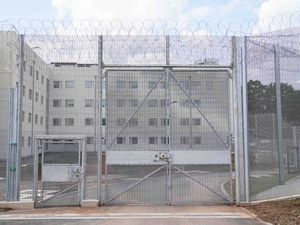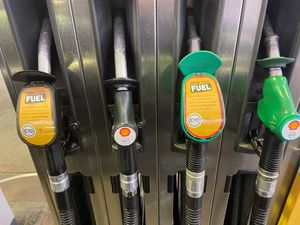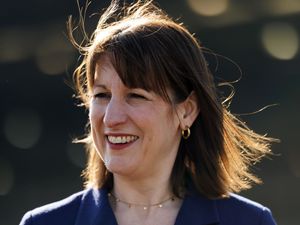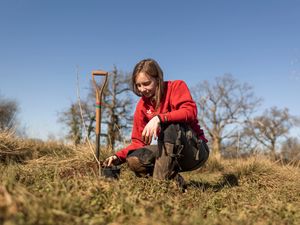Widespread calls for PM to boost testing as he prepares for schools reopening
Teachers, scientists, opposition politicians and the children’s commissioner for England Anne Longfield have all called for improvements to testing.
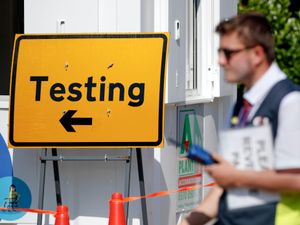
Boris Johnson is facing widespread calls to boost coronavirus testing and tracing in order to safely reopen schools to all pupils without imposing further restrictions on businesses or social lives.
The Prime Minister said it is the “national priority” to get children back in class in England next month, but he has been warned by scientific advisers that “trade-offs” may be necessary to keep transmission down.
Teachers, scientists, opposition politicians and the children’s commissioner for England Anne Longfield have all called for improvements to testing before pupils return.
Ms Longfield welcomed Mr Johnson’s commitment to make children the priority after previously accusing ministers of treating them as “an afterthought”.
But she said regular testing of pupils and teachers, perhaps as frequently as weekly, could be needed even if they do not exhibit symptoms to keep transmission rates down.
“I think it needs to be as regular as it needs to be, to ensure that the infection is caught and identified as quickly as possible and then the tracking system can move on from that,” she told Times Radio.
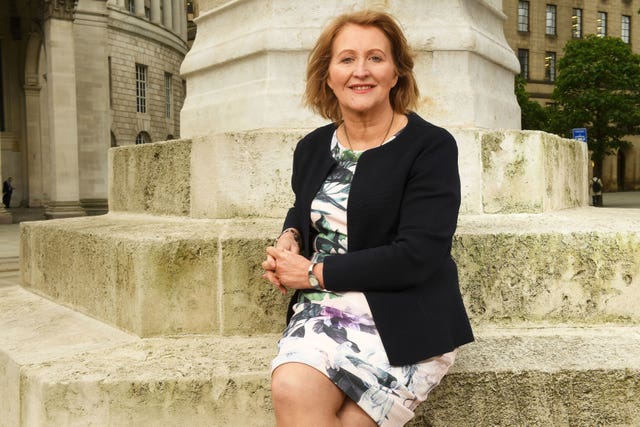
Schools minister Nick Gibb did not support the call, saying: “All the advice we’ve had is the measures that we’re putting in place, the hierarchy of controls about hygiene and so on and bubbles within schools, is the most effective method of reducing the risk of transmission of the virus.”
Mr Johnson, who has spoken of a “moral duty” to reopen schools, is expected to focus on the minimal risk getting children back in class presents to their health and the potential dangers of keeping them away.
But National Education Union deputy general secretary Avis Gilmore called for ministers to “be clear” about support if a second wave of the virus strikes.
“Robust track, trace and test alongside health and safety checks in schools and colleges are necessary,” she said.
Another leading educators’ union has said it is drawing up a contingency plan which could undermine Mr Johnson’s hopes.
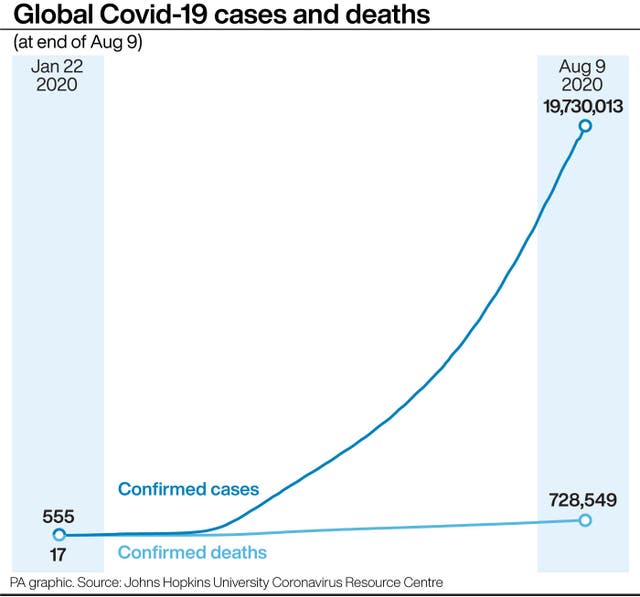
The Association of School and College Leaders said teachers might teach students on a week-on, week-off basis if there was a resurgence of coronavirus and schools were forced to limit the number of pupils attending, with the onus on parents to home school in the alternative weeks.
The union’s general secretary Geoff Barton said schools were “losing patience” with the Government’s demand to have all children back in school next month while framing no back-up plan if this was not possible.
“If you want to limit the number of children on site or travelling to and from school, a big part of that is using rotas and the obvious way to do it is ‘week on, week off ’,” Mr Barton told The Daily Telegraph.
The latest tensions over Covid-19’s impact on education come as a European study suggested reopening schools was not a major danger in community transmission of the disease.
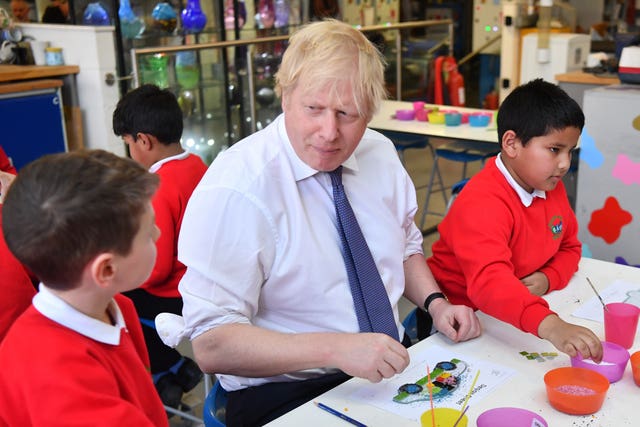
The European Centre for Disease Prevention and Control studied 15 countries, including the UK, and concluded: “There is conflicting published evidence on the impact of school closure/re-opening on community transmission levels, although the evidence from contact tracing in schools, and observational data from a number of EU countries suggest that re-opening schools has not been associated with significant increases in community transmission.”
Professor Sir Jeremy Farrar, the director of the Wellcome Trust – who is advising the Government’s coronavirus response, said the “brief window” before schools reopen must be “used wisely” otherwise new restrictions will be needed.
He wrote in the Observer: “Most urgently, we need to ramp up testing. We are not where we need to be. We must improve contact tracing, so we’re identifying more cases and providing better, faster data locally.
“If we don’t, we may not be able to reopen schools without introducing new restrictions elsewhere. These are the trade-offs we face – if we do not act now.”
Sir Bernard Jenkin, chairman of Parliament’s Liaison Committee, said the Government had been slow to come to grips with tracking and tracing.
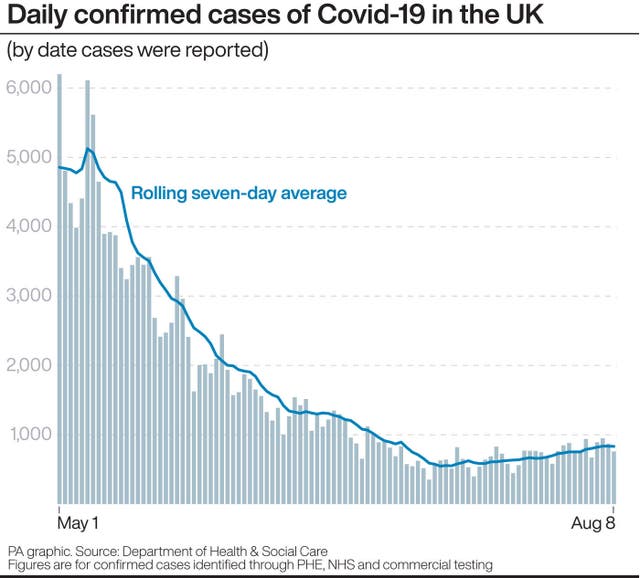
“I think the Government were very slow to realise the importance of track and trace at the outset,” Sir Bernard told BBC Radio 4’s Westminster Hour. “Bear in mind the whole of Whitehall had prepared for an influenza and not for a coronavirus [pandemic] and that’s the fundamental problem the Government had contended with.”
Shadow education secretary Kate Green called for greater support from ministers in making schools safe, with extra resources and for them to boost the tracing of potential infections.
“I do think the Government could be doing more to support them (teachers) particularly, for example, making sure we’ve got a really robust test and trace system in place,” the Labour MP told Times Radio.
“It’s really, really important that we don’t write off a generation of Covid children – they need to be back in class the whole of our futures depend on this.”
Meanwhile, Labour is demanding “rapid reform” of the test and trace system to focus on local health protection teams as data suggests they are far more effective than national call centres.
Shadow cabinet members Jonathan Ashworth and Rachel Reeves wrote to Health Secretary Matt Hancock raising concerns that the current model is “not fit for purpose”.

